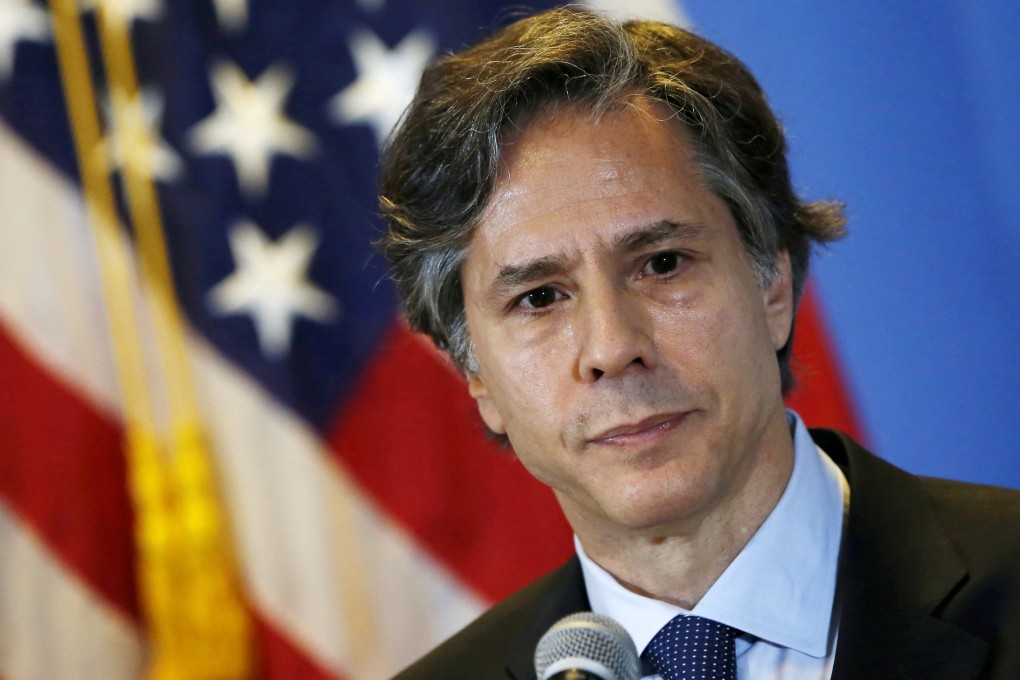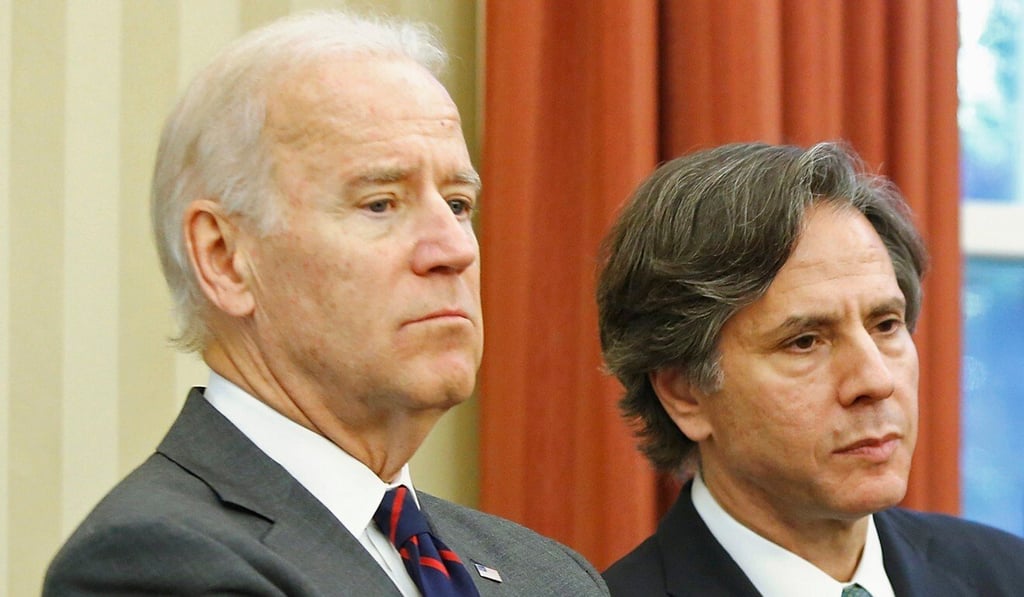US-China relations: Biden’s pick for secretary of state seen as ‘someone Beijing can work with’
- President-elect has nominated long-time adviser Antony Blinken to be top diplomat
- Chinese analysts say he’s ‘pragmatic’ and it would be a positive move for Beijing

Jia Qingguo, an international relations professor at Peking University, said Blinken may be an official China can work with to stabilise relations.
“But whoever is appointed the next secretary of state will be better than the current one,” Jia said, referring to Mike Pompeo, a China hawk and target of frequent attacks in Beijing’s state media outlets.
“China is not expecting a pro-China secretary of state. China expects someone who can deal with US-China relations in a sensible way that serves US interests,” he said. “As long as it’s done in a sensible way, there are plenty of issues the US could work on with China that will suit both of their interests.”
Blinken would be likely to bring Washington back to its post-war international strategy of advancing American interests by maintaining a world order that is favourable to the US – which would mean a more predictable China policy than under Trump, he said.
